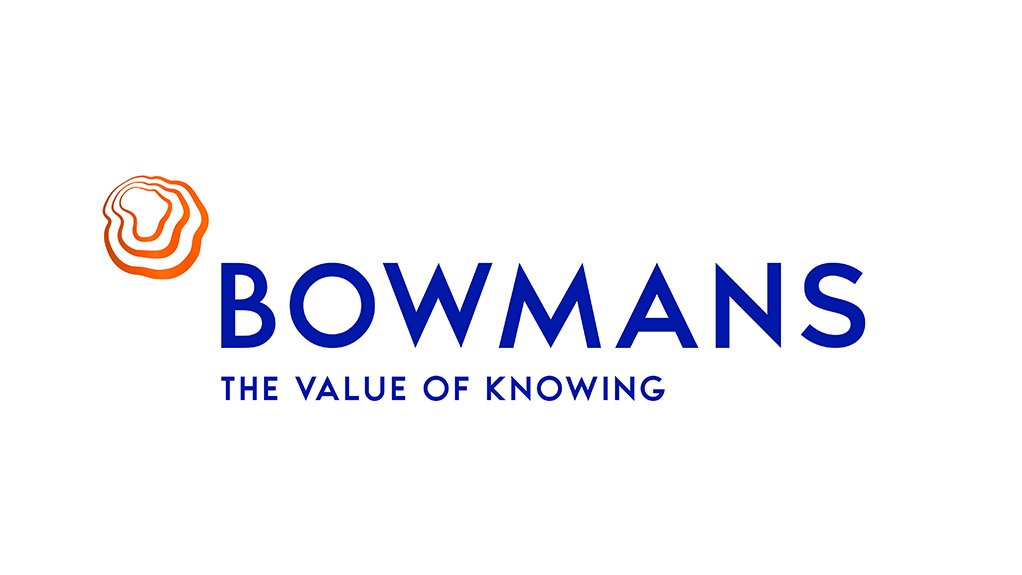Bowmans is proud to have acted as lead counsel to Netcare Ltd on the first sustainability linked bond in Africa. Now that this type of financing arrangement has made its debut in South Africa, corporates wanting to advance their environmental, social and governance (ESG) performance have a new debt instrument to consider.
The continent’s first sustainability linked bond was concluded in late March 2021and raised ZAR 1-billion. Clindeb Investments Ltd was the issuer and healthcare provider Netcare Ltd was guarantor in partnership with The Standard Bank of South Africa Ltd as dealer.
What makes sustainability linked bonds attractive is the potential they offer for more favourable terms if the borrower meets certain agreed upon ESG requirements.
In terms of this particular notes issuance, Netcare will benefit from a lower interest rate if it achieves the sustainability targets linked to the three-year unsecured note. These targets include reductions in energy consumption and total carbon emissions, procurement of renewable energy, and improvements in water efficiency by recycling grey water.
Tying loan terms to the achievement of predetermined sustainability indicators is the key differentiator of sustainability linked bonds. In contrast, with so-called green bonds, which are the other main ESG debt product in use, the proceeds of the loan or bond must be utilised for pre-agreed ‘green’ purposes.
Sustainability linked bonds have become increasingly popular in other jurisdictions around the world, reflecting the growing interest in ESG investing principles. For example, it is reported that the World Bank will, later this year, be issuing a five-year ZAR 670-million bond - the first-ever wildlife conservation bond aimed at protecting an endangered species, the so-called ‘Rhino bond’, as well as a USD 100-million conservation bond – further details of this bond have not been specified.
In South Africa, where shareholder and civil society activism is on the rise, sustainability linked bonds are likely to attract increasing attention, both by companies seeking to give impetus to their own ESG performance and investors wishing to support ESG activity by incentivising borrowers.
The Clindeb-Netcare-Standard Bank sustainability linked bond has paved the way for others. The announcement of its listing prompted the JSE to finalise its requirements and criteria for eligibility for a Sustainability Bond Segment on the JSE with the result that other companies and investors are expected to consider following suit.
JSE-listed sustainability linked bonds are not the only option for potential issuers and investors to consider, however. They could also opt for unlisted sustainability linked bonds as private transactions.
There has also been positive momentum to support ESG goals in the broader South African loan market. As a result of increasing interest and demand for ESG-related financing instruments, traditional loan instruments are being overlaid with ESG principles, resulting in better terms for the borrower linked to performance on agreed-upon ESG metrics.
This is a welcome shift in response to increased global awareness around climate change and the role both financiers and corporates can play to mitigate against it, and to manage financial risks stemming from climate change as well as resource depletion and environmental degradation.
Written by Casper van Heerden, Head of Debt Capital Markets Practice & Ulrike Naumann, Head of General Finance Practice; Bowmans
EMAIL THIS ARTICLE SAVE THIS ARTICLE ARTICLE ENQUIRY
To subscribe email subscriptions@creamermedia.co.za or click here
To advertise email advertising@creamermedia.co.za or click here











